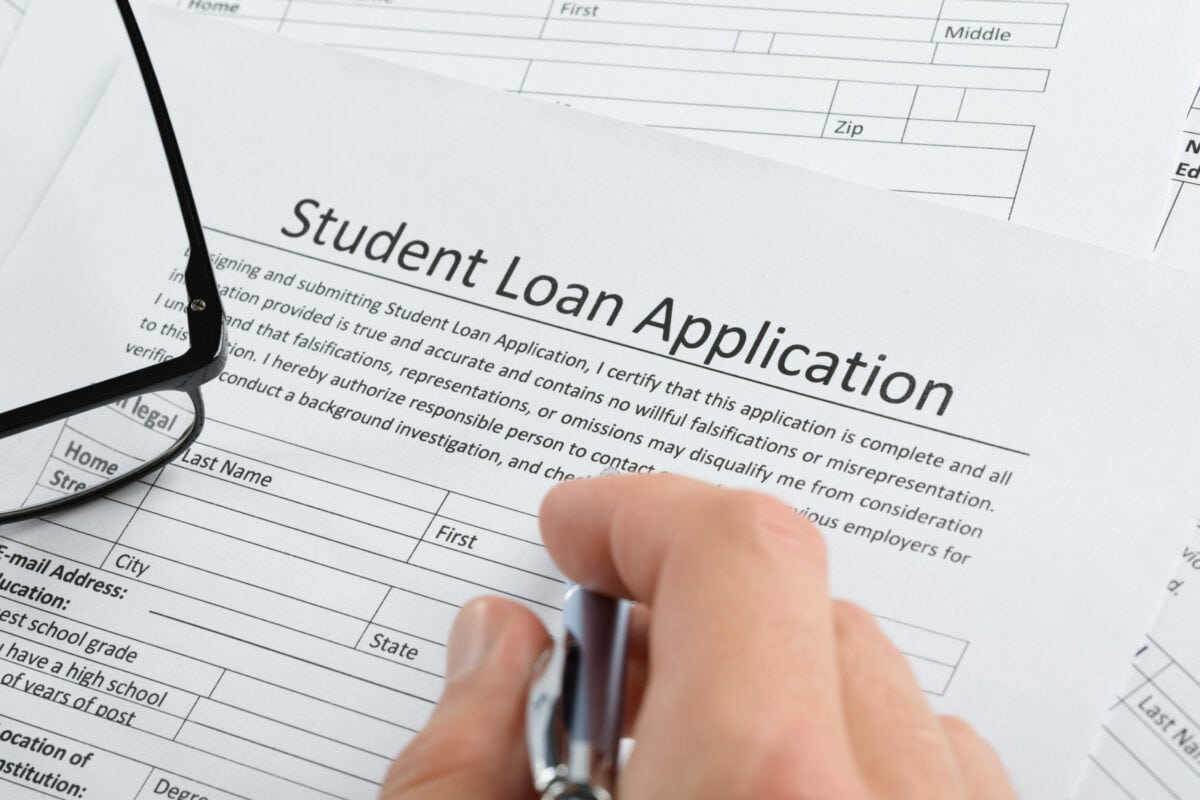The Biden Administration, Student Debt and the Statewide Effort to Handle the Student Debt Crisis
By Robyn Schnaible,
How are states responding to the Biden Administration’s Student Debt Forgiveness Plans?
President Biden has had an ambitious set of promises to deal with upon the beginning of his Presidency. Chief among the priorities in his first 100 days have been making vaccinations available and slowing the spread of COVID-19, but with the economic downturn last year, and a student loan freeze, some have begun calling attention to another one of President Biden’s promises, student debt forgiveness. According to Forbes we are currently experiencing a $1.5 trillion student debt crisis in the United States, mostly affecting the “millennial” generation. Student debt has been attributed to this generation’s less likelihood of achieving economic milestones like purchasing a home.
In response to the initial student debt crisis in 2020 the Trump administration paused student loan payments, and that forbearance has been expended by the Biden administration until September 30, 2021. For several years prominent democrats in Congress have called for broad student loan forgiveness, including Democratic Sens. Ed Markey and Elizabeth Warren of Massachusetts. Their plan has been to ask for $50,000 of student loan forgiveness. They claim the incentives would include a boost to the economy and “unburdening” a generation saddled with student debt.
President Biden initially joined the call for $50,000 of student debt relief on the campaign trail, and since coming into office has moderated his number to around $10,000, bringing into question whether he has the authority to make such a broad debt forgiveness of federal student loans and has asked Congress to pass such a measure and send him the bill to sign.
With some economic analysts claiming a potentially large economic boom from forgiving student loan debt, some states are eager to see a potential economic boom from acting for themselves. Eighteen states have introduced more than 66 bills this session regarding student loan forgiveness, reimbursement or loan repayment assistance for service offered, often for certain occupations like nursing during the COVID-19 pandemic, such as New Jersey SB 2378. New Jersey, in fact, has introduced more than 20 bills offering student loan forgiveness or reimbursement this year.
Bills with the purpose of offering student loan repayment for years worked in under-served and under-staffed areas as a means to recruit teachers and nurses has gained popularity. Connecticut HB 5899 would establish student loan reimbursement as a means to recruit Pre-K teachers and Iowa SF 64 is meant to offer student loan reimbursement as a means to recruit teachers to rural areas where teachers are desperately needed. Some states have begun the process of potentially moving on with student loan forgiveness for state-offered general options for forgiving all student loan debt, like Massachusetts HB 1320, and Connecticut is moving legislation, HB 5895, through the Senate to establish a task force to deal with the reduction of student loan debt within the state.
A handful of other states, like New York and South Carolina, have also introduced their own “Student Loan Borrowers Bill of Rights” in order to combat potential fraudulent or predatory behaviors and further attack the root causes of the student debt crisis among the current and future college-going generations instead of trying to remedy the outcomes after the fact. Bills addressing the need for increased financial education among potential borrowers are also on the rise. The debt crisis has also increased popularity in other means of paying for college educations, such as income-based repayment plans, or ISA’s. ISA’s are becoming increasingly popular among traditional universities as well as places like coding “academies” or certificate programs.
Time will tell whether the student debt crisis will be addressed federally and to what extent but increased legislation within states to address over-burdened student loan debt holders is bound to increase.


